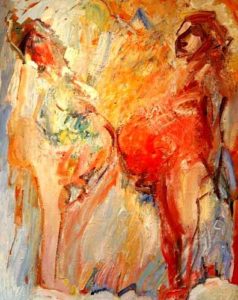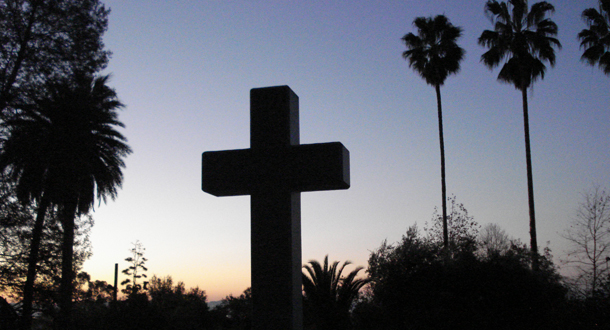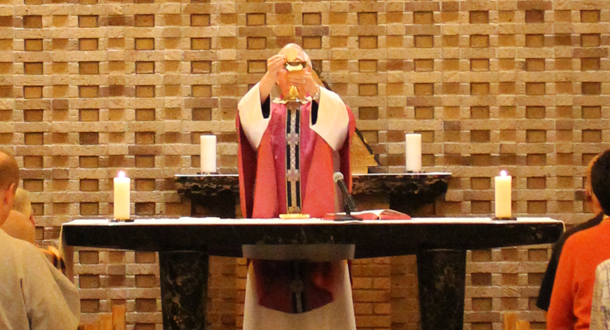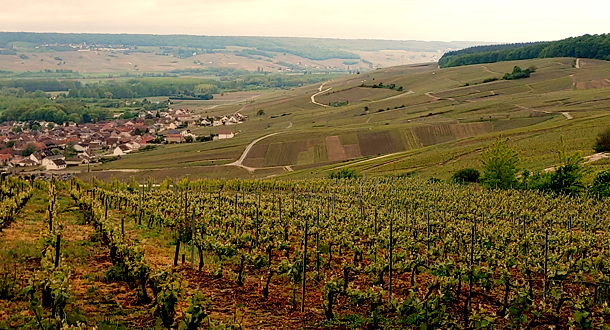
Feast of the Visitation of the Blessed Virgin Mary
Scripture:
Zephaniah 3:14-18a or Romans 12:9-16
Luke 1:39-56
Reflection:
This Feast Day marks the moment when, after the Annunciation, Mary left Nazareth and went over the mountains south of Jerusalem to Hebron to be with her cousin Elizabeth, who was pregnant with blessed John (the Baptist). The Gospel describes Elizabeth as being “filled with the Holy Spirit,” as she “cried out in a loud voice, “Blessed are you among women, and blessed is the fruit of your womb.” Even her unborn child “leaped in her womb” at the arrival of the Blessed Mother, who was carrying Jesus inside.
And then Elizabeth says something, which resonates deeply in my heart:
“And how does this happen to me,
that the mother of my Lord should come to me?” ~Luke 1:43
Elizabeth’s declaration of who Mary is, and who the baby is in her womb, is prophetic! But it’s her humility that strikes most profoundly. How is it possible that I could be worthy enough to have Mary and Jesus come and stay with me? I’m a sinner – a professional mistake-maker… Surely there are people who deserve this blessing more than I do.
I’m reminded of a parallel with this and Zacchaeus. Remember Zacchaeus? He was a tax collector who, as Jesus was passing by, climbed up a tree so he could catch sight of him. Jesus stopped, turned to him, and said, “Zacchaeus, come down immediately. I must stay at your house today.” (Luke 19:5) At that time, tax collectors were considered some of the worst and most dishonest sinners there were. Fully knowing this, Jesus still asked for entry into his home, into his life, into his heart. And he was healed… he was transformed.
Another passage which jumps into my head is in Mathew 8, when Jesus intends to go to a centurion’s home to heal someone there. The centurion’s response in verse 8 is one that we prayerfully repeat at every single mass before we approach to receive the Eucharist: ““O Lord, I am not worthy that you should enter under my roof, but only say the word and my soul shall be healed.” And again, Jesus transformed, Jesus healed.
No matter our situation or history, no matter how much a sinner, no matter how good a mistake-maker we are, Jesus wants to visit us. Jesus wants to heal us. Jesus wants to make himself known to us in the most intimate way. If only we had eyes open enough to recognize him.
How often have we been visited by Mary, or for that matter, God, Jesus, the Holy Spirit? How often have we overlooked or ignored their appearances in our lives? I do it all the time. But God is everywhere, at all times, especially when we least expect it. As the poet, Elizabeth Barrett Browning, writes: “Earth’s crammed with heaven, and every common bush afire with God. But only he who sees takes off his shoes; the rest sit round and pluck blackberries.”
God appears to us all the time, in every moment. Jesus is constantly waiting – standing at the door of our hearts, knocking and begging to be let in, always waiting to save – if only we would make room and let him in. If only we would take the time to open our eyes and look around, we’d find God, Jesus, the Holy Spirit, the Virgin Mary, and all the Saints and Angels are waiting to visit us and take up residence in our hearts and souls. Perhaps in great earthquakes, or perhaps in a tiny whispering sound… no matter how they arrive, we are blessed with the most divine houseguest.
Mary brought Jesus to Elizabeth, and then Mary brought Jesus to the world. And now they’re knocking… Won’t you open the door and let them in?
Dear God, thank you for the gift of your presence. Grant us the grace to fling open the doors of our hearts and make a place where you can live. Jesus, live in me. Amen.
Paul Puccinelli is Director of Liturgy & Music at St. Rita Parish in Sierra Madre, CA, and a member of the retreat team at Mater Dolorosa Retreat Center.







